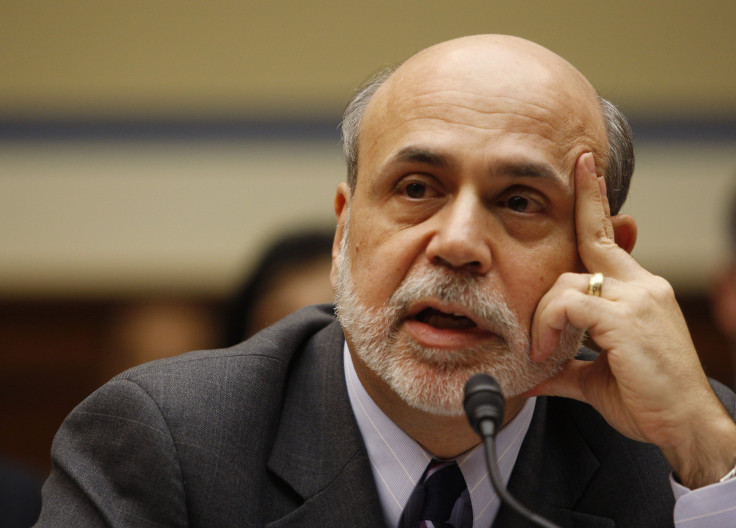Tapering Likely To Hit Homeowners Hardest

The last time Ben Bernanke suggested tapering quantitative easing, in May, the stock market plunged by 659 points. At the time, this was the market’s reaction to what happens when a buyer of 90 percent of bonds says he might stop doing it. Anxiety set in and the recovery began to slow.
If the Federal Reserve does indeed taper, the biggest banks will win as it allows them to operate within steadier markets that have been volatile for so long, and increase their banking revenues in the process. In addition, savers will benefit, if they exist at all anymore. But the losers face serious issues whenever it is officially announced.
Homeowners
Homeowners will suffer badly from the move as interest rates will climb, as they did from May to July when they jumped from 3.5 percent to 4.5 percent. If you’re a homeowner and you want to refinance, expect to pay the higher rate. These higher rates will also reduce house prices, which will be great for buyers but not so good for people with underwater homes.
“The U.S. housing market would suffer because quantitative easing has helped keep rates artificially low. Lower rates make money easy and cheaper to borrow, two bullish components for the housing market,” Adam Sarhan of Sarhan Capital said.
Stocks
Since the financial crisis, stocks and investment markets have recovered incredibly well, with exception of the euro and U.S. house sales, which still lag. Any move from the Federal Reserve is likely to push stocks downward.
“We know for sure that U.S. stocks have been a standout winner from QE. In fact the S&P 500 fell sharply (~20%) each time prior rounds of QE ended. So simple logic would suggest that U.S. stocks would suffer from aggressive tapering if QE would end,” said Sarhan.
U.S. Dollar
Oddly, the battle to be chairman of the Fed is playing havoc with the dollar.
“The USD is a little different,” said Sarhan. “Sunday night, after [Lawrence] Summers withdrew from the short list to replace [Ben] Bernanke, the USD was hit hard because [Janet] Yellen is largely believed to back more QE, not less. Barring some unforeseen event, the greenback would benefit from less QE and weaken if the Fed doesn't taper (or increases QE).”
In the long term, the additional burden on importers that have to deal with the higher USD may see U.S. exports suffer, unless the cost is passed on to the consumer.
© Copyright IBTimes 2025. All rights reserved.






















